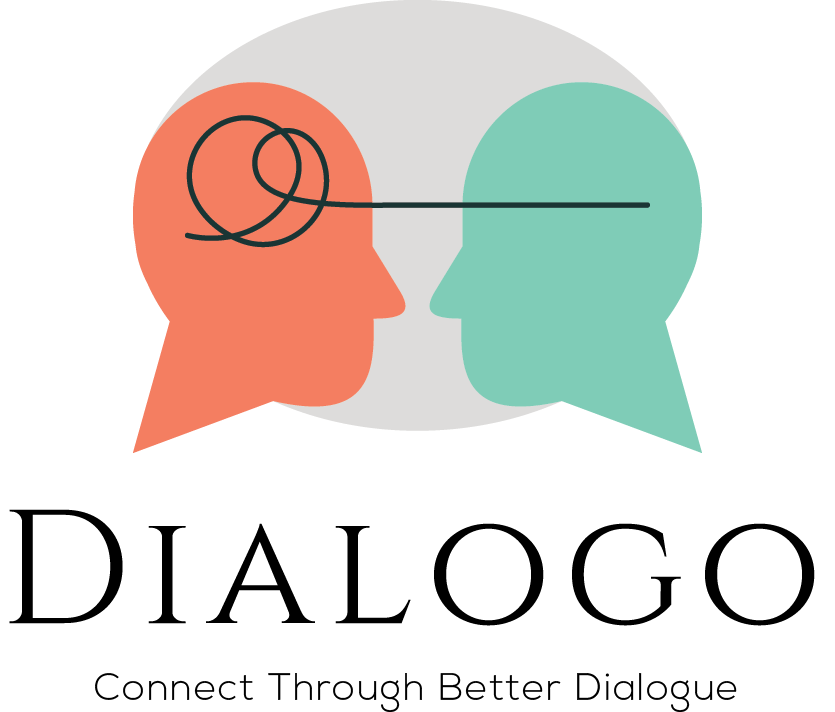Navigating Care and Closeness: Tips for Building Healthy Relationships
Many people describe romantic relationships as a rollercoaster with its endless ups and downs along its twists and turns. Others describe them as a dance that requires synchronized movement, attention to detail, and intentionality. I would add that relationships are like a cake mix that require planning, precision, and various ingredients of which care and closeness are indispensable.
We all crave to be intimately known and valued by those we love. Our need for emotional connection is deeply rooted. While this is healthy, we also need strike a balance between our expectations and reality. While nurturing bonds with our partners is essential, it's equally crucial not to place the entire burden of our emotional needs on one person.
In a previous blog, I discussed the topic of 3 types of relationship arguments and the needs behind them. In this blog, we'll explore the dynamics of care and closeness in relationships, the pitfalls of unrealistic expectations, and how to nurture healthy connections that enrich our lives.
The Essence of Care & Closeness
Psychotherapist Esther Perel described intimacy as “into me see” in which we bring to our partners our inner life, wishes, feelings, aspirations, and anxieties [1]. We desire for our spouse to connect with us, see us, hear us, and to make us feel that we matter.
We also want our partners to be intimate with us. I often hear my clients say that they put themselves out there only to get back a few details or no responses at all from their partners. In fact, not having access to your partner’s inner life while sharing yours is like having a coach or a therapist for a spouse.
TIP: A mutual exchange of our inner worlds forms a foundation of trust and emotional support in relationships.
Belonging is an essential aspect of human connections that is physically, visibly, and emotionally felt. We can often tell when we’re hearing lip service as that person’s actions fall way short of their statements. Therefore, care and closeness are not just concepts, they are practices that must be genuine in every relationship.
THE DANGER OF OVERRELIANCE
It’s one thing to lack poor quality interactions with your partner but it’s another to expect too many quality interactions. What’s too much you may ask? Expecting our spouse to always be available for 4-hour long conversations or a spontaneous hangout during work hours. Wanting our partner to proofread our writings late at night or to do whatever pops into our mind at a beck and call.
These are great relationship behaviors from time to time but our excessive use of them can lead to unfavorable outcomes. We may overburden our partners, keep them from maintaining or building other positive friendships, come across as needy, or set ourselves up for failure.
TIP: To find a more balanced approach to care and closeness, it's essential to broaden our support network and share our experiences with a diverse group of people.
There needs to be a space in which we express our individuality, create separate memories, switch in and out of roles, and find meaning in community. This also provides new life into individuals that they can bring into their romantic relationships.
Finding Healthy Connections
While our partners and spouses provide us significant amounts of emotional support, there are areas and interests that we do not share. These are best fulfilled by a broader network of connections that include friends, family, colleagues, and professionals.
Check these out to get started:
Diverse Support Networks: Friends may provide a listening ear, colleagues might appreciate your talents and skills, and family members can offer unconditional love. Each connection adds depth to your emotional support system.
Mutual Support: Healthy relationships are built on reciprocity. Like the golden rule, be there for your loved ones just as you expect them to be there for you. Building a mutual support system fosters stronger bonds and trust.
Community Engagement: Engage with the community to expand your network. Volunteering with organizations aligned with your interests or hobbies offers opportunities to receive and give care. It's a fulfilling way to make a positive impact on the world.
Shared Experiences Support Groups: Whether you are experiencing codependency, engage in substance misuse, were a victim of a crime, or have a family member diagnosed with a schizophrenia, there are people with similar experiences. These groups can help you be seen and understood, and you may reciprocate this with others.
TIP: Do a quick search online to find interest and shared experiences groups near you. [2]
Conclusion
We can schedule quality time with our partner, prioritize a monthly date with our spouse, and set boundaries that provide space for our relationship’s common goals to be expressed and worked on. But in our pursuit of care and closeness we must also strike a balance.
While romantic partners are vital to our emotional well-being, we must remember that no one person can meet all our needs. By diversifying our support network and connections, we create a healthier and more sustainable foundation for our personal lives and our marriage.
I have a special guest writer closing out this series on the 3 types of relationship arguments and the needs behind them. She will discuss the dynamics of respect and recognition in our next blog. For now, consider the tips provided above and get to work!
References
Esther Perel in Modern Love and Relationships at SXSW 2018: https://www.youtube.com/watch?v=5iu9_8Vsmtk
Support Groups:
Codependency: https://coda.org/
Substance misuse: https://www.smartrecovery.org/
Victim of a crime: https://www.trynova.org/help-for-crime-victims/
Family member diagnosed with a schizophrenia: https://www.nami.org/Support-Education/Support-Groups
Photo by Terrillo Walls
